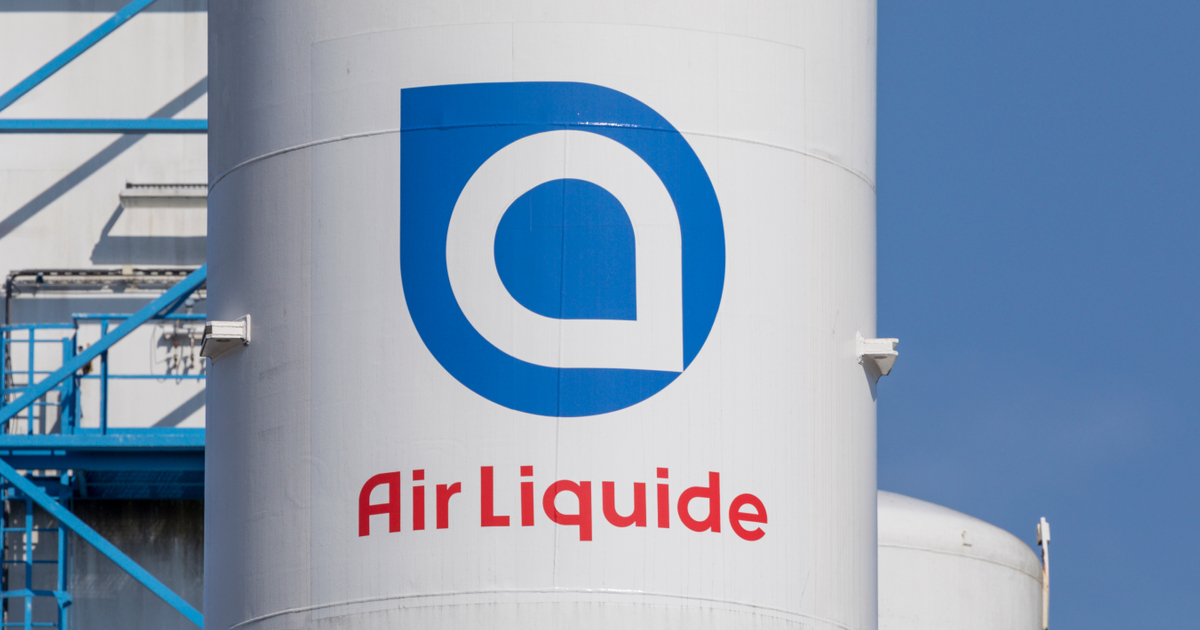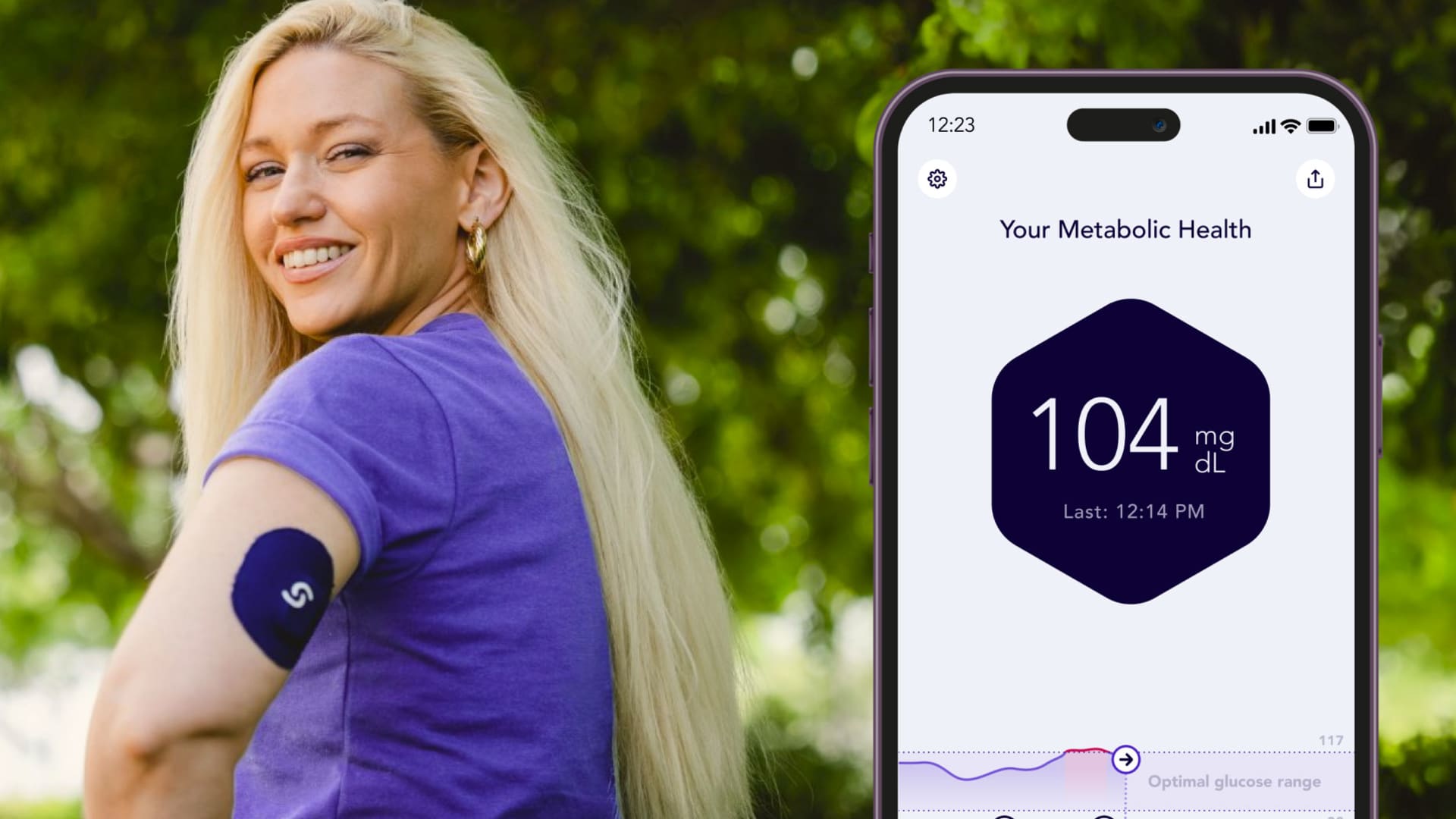What the formula shortage means for baby food marketing
Baby food sales are increasing but brands must tread lightly as experts warn against using it as formula replacement.

The infant formula shortage has given an unexpected bump to baby food sales as a potential replacement. But despite the new demand, baby food makers are taking a cautious route because of health concerns, choosing to focus on education, transparency and expert opinions.
As parents struggle to find formula for their babies, baby food sales data and a survey of U.S. infant formula buyers conducted by Numerator in May shows monthly baby food sales have reached a peak compared to recent years. This is partly due to parents transitioning their babies to solid food earlier, according to Numerator.
The survey shows that sales of baby food have risen by 28% in March and April in comparison to the two months prior, and are also up by 58% from the same period last year. Also, 9.7% of respondents said they will start to move their child out of formula completely and 26.4% said they felt comfortable transitioning to solid foods or whole milk earlier than they had planned, according to Numerator. Data from IRI also show that baby food sales are up 18% in the last four weeks, although the firm cautioned that much of the increase is due to inflation.
Professional guidance warns against weaning babies too early from formula, including dietary guidelines from the American Academy of Pediatrics that state children should not be moved from formula to solid food until they’re four to six months old, with four months being on the earlier side. Along with being considered a highly personal decision, transitioning too early can lead to effects such as obesity or cause children to miss out on nutrients in breast milk, according to a study published in 2018 and conducted by CDC specialists.
Brands should be focusing on supporting parents in a “more nuanced fashion” given the stress of the situation, said Nandini Ramani, assistant professor of marketing at Texas A&M University. For parents with children old enough for baby food, brands can highlight how the food could fill nutritional gaps created by the lack of formula while ensuring that “their foods are not being used in situations where it’s not appropriate.”
They could also reach out to pediatricians and send out messages in Facebook support groups or through influencers, said Ramani.
The formula scarcity, the result of longstanding supply chain problems, was exacerbated in February when formula maker Abbott issued a recall that included its Similac brand, after receiving reports of babies contracting serious bacterial infections. Parents have since been forced to take desperate measures to find food for their babies, including switching formula brands, crowdsourcing or driving hundreds of miles to find new supplies. One other method was “stretching” their existing formula supply by adding water or supplementing it with solid foods—which have been vetoed as dangerous by health professionals.
Abbott announced in early June that it was reopening its Michigan production facility, which it closed after the recall.
Data on Amazon sales from e-commerce analytics firm Profitero show sales of baby and toddler food rose by 18% in the U.S. between April 24 and May 23 versus the same period in 2021. The uptick contrasts with a 4% decrease during the same period from 2020 to 2021, which “support(s) the idea that the category may be seeing a boost due to the infant formula shortage,” wrote Profitero Chief Marketing Officer Mike Black in an email to Ad Age.
Amazon sales for infant formula have also risen by 37% in the same timeframe, suggesting that parents are turning to the e-commerce platform to find formula during the shortage, according to Profitero.
The baby food market is more fragmented than the formula industry, which has a few dominant main players including Abbott Laboratories, Nestlé, Mead Johnson and Perrigo Company PLC, according to a 2022 industry report from market research firm IBISWorld. By comparison, the baby food sector—whose main players include brands owned by Walmart, Danone and Nestlé—has seen a rise in regional startups and at-home production emphasizing organic products and brain health, according to research firm Allied Market Research.
Approaches by baby food brands to the shortage have included educational posts, sharing opinions from specialists and creating parent communities, as well as relying on previously established partnerships with formula brands to get the attention of parents ready to transition their children.
Nestlé-owned Gerber, a manufacturer of both baby food and formula, declined a request for an interview. The brand posted an informational slide on its Instagram in May that stated that “solid foods should not be used to stretch your baby’s formula supply.”
Beech-Nut, owned by Swiss consumer food group Hero, did not respond to a request for comment.
Other baby food brands are benefitting from partnerships with formula companies that were started before the shortage.
Baby food startup Cerebelly, founded in September 2019 by neurosurgeon Dr. Teresa Purzner, began conversations last year with formula brands, including Enfamil, Bobbie and ByHeart, to begin partnerships that would direct the formula brand consumers to the baby food brand when they are ready to transition their children to solid foods. Cerebelly’s Chief Marketing Officer Kelly McInenly said that this focus on the transition from formula to solids is “newer.” The brand maintains a blog that it started last summer that provides educational articles and Q&As from healthcare specialists.
Tactics include sharing information and studies that formula brands can include in email communications with consumers, as well as discounts and free samples to encourage parents to try Cerebelly, McInenly said.
Direct-to-consumer baby and kids food brand Little Spoon—which sells food in age-range stages from smoother to chunkier foods–has seen demand for the early and transition stage food options increase over the past four weeks, according to Co-founder, President and Chief Marketing Officer Lisa Barnett. She noted that the brand has anecdotal evidence from customer service interactions showing that this shift includes parents of older children seeking new options because they lack trust in traditional providers.
But Barnett stressed that solid food “should not be used to stretch or fill in the gap for a lack of baby formula. That’s something we never ever say because it’s not a substitute.”
Cerebelly’s McInenly echoed that sentiment: “We’re certainly not inviting anyone to wean before they’re ready—that’s a very personal decision and one that should be made with their pediatrician.”
Little Spoon has increased its education and resources efforts, providing a Q&A advice column with specialists that focuses on when to start children on solids, and trying to help parents find formula on its parent community platform.
Yumi, a baby food startup which delivers organic products, has also increased its consumer outreach amid the formula shortage. That includes educational posts on Instagram such as asking a nutritionist how to avoid picky eating with children.

 Koichiko
Koichiko 































